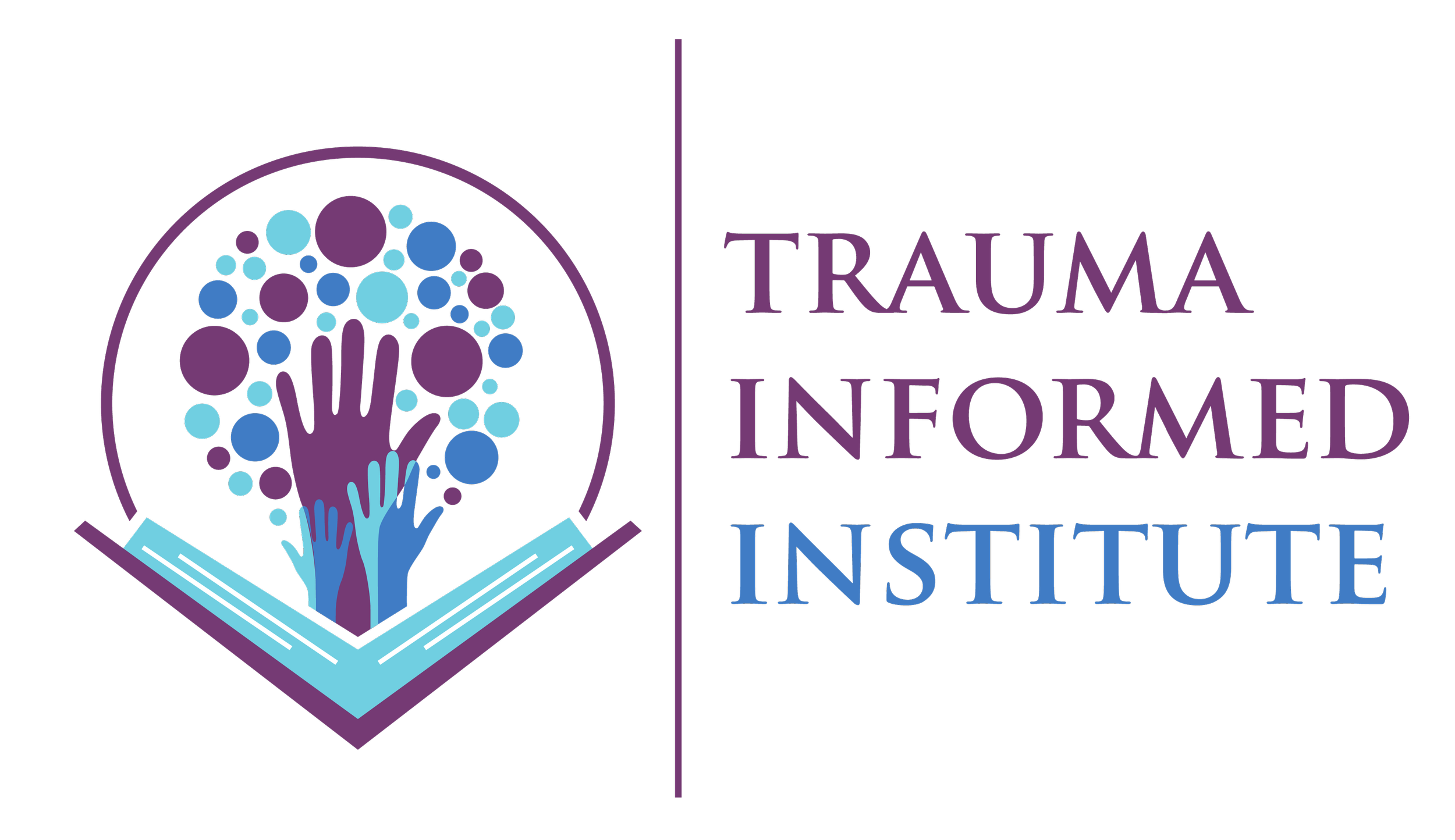Restorative Practices – A Holistic Approach to Conflict Resolution in the Workplace
Conflict is inevitable in any workplace. However, what you do with the conflict determines how successful your team will be. Restorative practices are an effective way to help resolve conflicts in the workplace and build a positive, cohesive team culture. In this blog post, we will discuss what restorative practices are and how they can be used to create a more productive work environment.
What are Restorative Practices?
Restorative practices are an approach to resolving conflicts and building relationships that foster collaboration and understanding. This method focuses on repairing relationships through open communication and dialogue rather than punishment or blame. It seeks to identify the underlying issues of a conflict and find creative solutions that benefit all parties involved. Additionally, it provides an opportunity for those involved in the conflict to take ownership of their actions, learn from them, and move forward with a stronger relationship.
How Can Restorative Practices be Implemented in the Workplace?
The principles of restorative practices can be applied to virtually any workplace conflict. The key is to focus on dialogue and understanding rather than punishment or sanctions. Here are a few ways to use restorative practices in your organization:
1. Communicate openly and honestly: Encourage open communication between all involved parties. This will help to identify the root cause of the conflict, identify potential solutions, and come to an agreement that works for everyone.
2. Involve Everyone in the Process: Give each person involved a chance to speak and be heard. Allow them to share their perspective so that you can identify any areas of misunderstanding or miscommunication.
3. Focus on Solutions: Instead of assigning blame, focus on finding solutions that benefit everyone involved. Consider potential compromises and be open to creative solutions.
4. Follow-Up: Follow up after a conflict has been resolved. This will help ensure that the issue has been adequately addressed and that everyone understands the outcome.
Benefits of Restorative Practices
There are many benefits to using restorative practices in the workplace. Firstly, it helps promote a culture of collaboration in which employees feel supported by their peers, colleagues, and managers. Secondly, it encourages employees to take the initiative when faced with difficult situations and devise creative solutions rather than resorting to blame or punishment. Finally, restorative practices provide an opportunity for individuals involved in a conflict to practice self-reflection and gain insight into their behavior which can ultimately help improve workplace morale and performance overall.
Overall, restorative practices provide an effective way for organizations to address conflicts within their teams while also promoting healthy relationships between coworkers. By implementing these strategies into your organization’s culture, you can create a more productive work environment where employees feel supported by peers and managers while still being held accountable for their actions. With restorative practices, everyone can benefit from resolving conflicts while learning valuable lessons that will help them grow professionally and personally.
Restorative practices are an effective way to resolve conflict in the workplace and build a strong team culture. A holistic approach to conflict resolution can foster collaboration, understanding, and healthy relationships between colleagues. Implementing these principles will help your team overcome conflict and come to a mutually beneficial resolution. By leveraging restorative practices, you can create an environment of openness, trust, and respect that will benefit everyone in the workplace.

